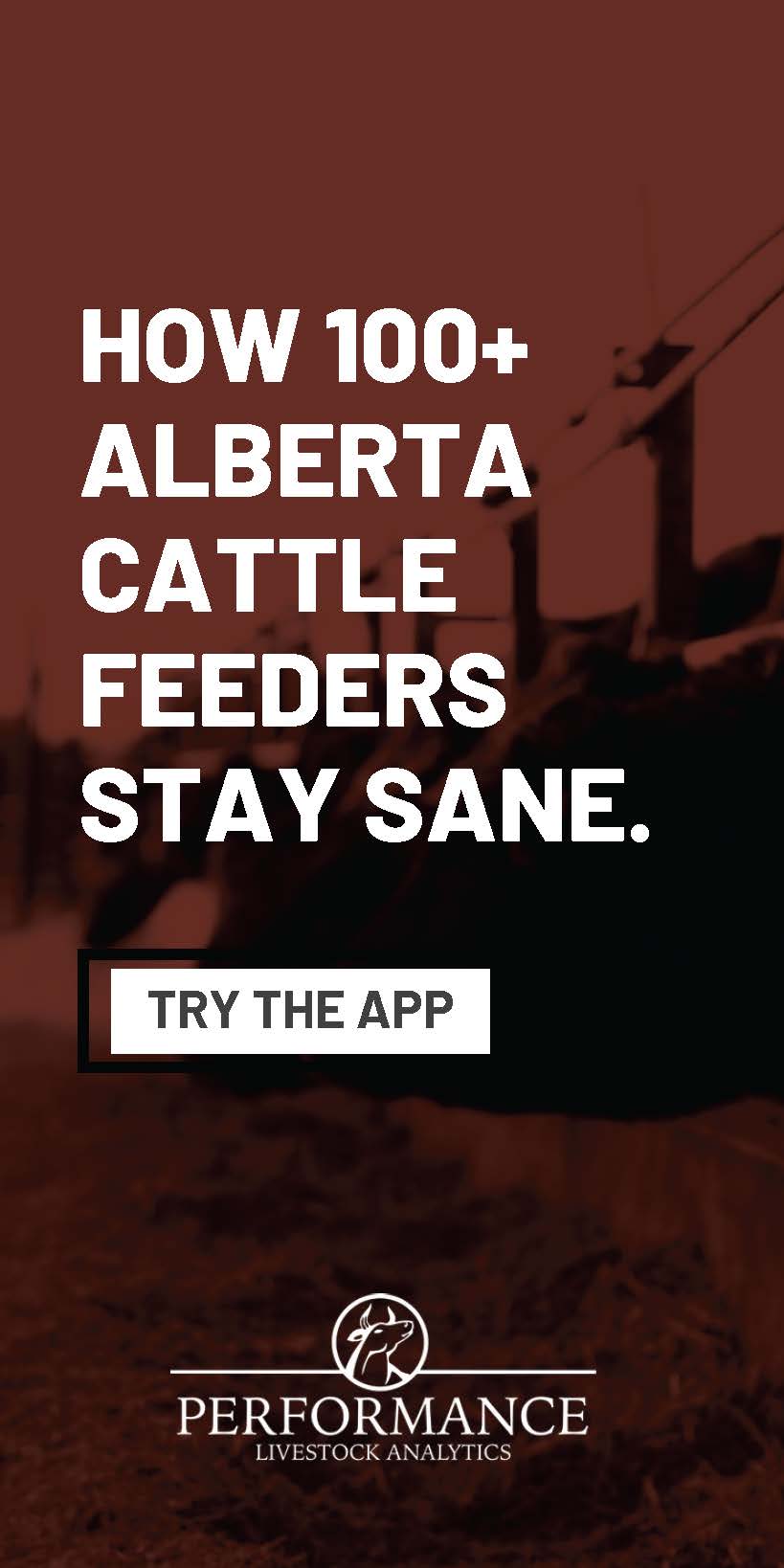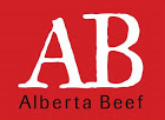Nothing is certain except death and taxes, or least that’s how the popular saying goes. Taxes after death is a reality that many people do not like to discuss, and as a result many opportunities to reduce those taxes often get missed. These opportunities are not just available to the retired farmer, but are applicable to everyone. To help plan for your estate, take into consideration the following planning opportunities that may be applicable to you.
Transfers To A Spouse
Are Tax Free
Typically when you die your estate is taxed on the growth in value of business and investment assets you acquired over your lifetime. An exception to this rule however is when the beneficiary of those assets is your spouse or common-law partner.
Transfers to your spouse or common-law partner can occur with no tax implications, however transfers to children or other parties could result in significant tax. When drafting your will consider what type of assets are going to who, as there could be significant tax implications behind this decision.
Consider Special Farm
Property Rules
Not all assets are treated the same. Assets that have been used “principally” in the farming business may be eligible to transfer to your children or grandchildren at the same original value as what you had purchased them at. This in turn will result in no tax implications to your estate. The criteria in determining whether or not a farm asset would qualify is complex and professional advice should be sought in making this determination.
Use Your Capital Gains
Exemption
Each individual has the ability to shelter up to $800,000 of accrued gains on qualifying assets. This tax benefit is referred to as the capital gains exemption. Consider the use of your lifetime capital gains exemption to reduce the taxes in your estate relating to capital gains on certain assets.
An example of an assets that could potentially qualify for this exemption would be farmland. We have seen significant increases in value of land over the last several years, and being able to shelter some of this growth from tax could be of great benefit to your estate.
Consider A Life Interest
In the event that you have assets that you don’t want to transfer now because you still want the use of the assets, planning can be done to take advantage of tax attributes today, while you still retain use of the asset until your death.
For example, you have a piece of subdivided land and you know who you want the land to transfer to when you pass. However, you are concerned that on death, the land will not meet definitions of farm property that would allow it to transfer to your children at no tax consequence to your estate. To help avoid a significant amount of tax being triggered on death, consider transferring the asset to the beneficiary now. You can use special tax rules to spread the tax realized on disposition over a number of years, instead of taking the hit all in one year or on death. By doing this you will not only reduce the amount of tax owing in the year of transfer, but you can significantly reduce the amount of tax paid overall if it had waited till death to transfer to the beneficiary.
If you still wish to maintain use of the asset, consider selling the asset to the beneficiary in exchange for a life interest where you will still have access to the use of the asset until your death. This allows you to benefit from the use of the asset until you die, as well as ensure the asset is transferred to the beneficiary you intended it to go to while reducing the taxes owed by your estate.
Consider The Non-Farming Child
Even the best laid plan can fail if that plan is not properly communicated. When planning for your estate, don’t forget to take into consideration the non-farming child. Even though your intentions may be to keep the farm viable and transfer the farm to the next generation, the non-farming child may not see your intentions the same way.
When you consider the price of land and equipment as well as the overall size of your estate, it is not uncommon for the non-farming child to feel like they are being treated unfairly. They will not always understand what is required to keep the farm a viable operation, and may even think the farming child is getting a bigger piece of the pie. This can cause family disputes that were never intended when your will was originally drafted.
It is important to consider communicating your intentions to all parties involved and address concerns immediately. Planning can be done to mitigate some of the concerns. Something as simple as utilizing a life insurance policy in your estate plan could be the difference between the success or failure of a well thought out plan.
Who Pays The Estate Tax?
Even after these estate planning measures are discussed and put into place, any taxes that are still owing will need to be paid. It would be unfortunate if loved ones were forced to sell valuable assets in an emergency sale simply to be able to pay the final tax bill. You need to understand how much tax your estate could potentially be exposed to and come up with a plan to fund this amount. There are many options, including life insurance policies and personal savings.
If you do not plan for this bill up front, it could leave your beneficiaries with some tough decisions and potential disputes. In the case of a family farm, this could also be the difference between the farm being able to continue or not.
It goes without saying that the thought of death is very sobering, nonetheless we all need to keep this in mind when planning for the future and how best to take care of our families and loved ones. What we have discussed in this article is only some of the aspects to consider when planning for your estate. Contact a professional to make sure you have utilized all of the planning opportunities available to you to make your estate a well laid plan.




